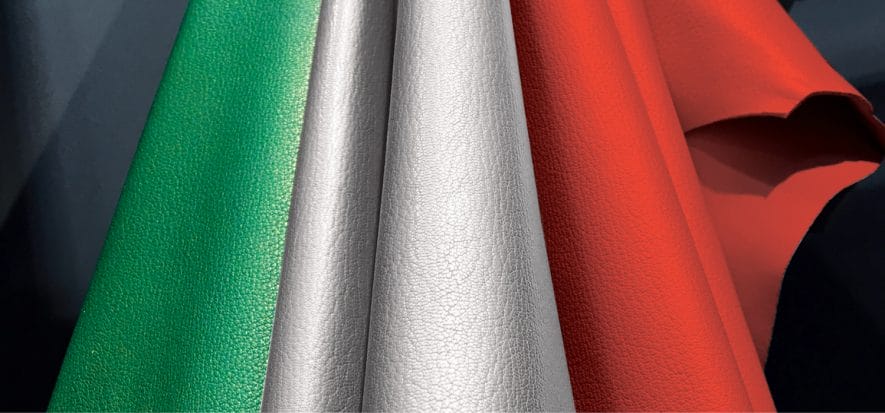In a letter to the Italian Government, Gianni Russo, president of UNIC – Italian Tanneries, looks forward for “a possible decision to progressively restart economic activities, not specifically included in the list of the essential ones, could involve in the first place functional industries such as the tanning industry“.
The premise
“Italian leather ranks first in quality, style development, technological innovation and efforts in the world, also thanks to its focus on social and environmental sustainability – writes UNIC’s president -. It’s in the middle of the strategic supply chain of international brands and Made in Italy, such as fashion, furniture and automotive. The first has 65,000 companies and 580,000 employees in the country”.
Circularity
Italian tanning is “an industry that pays attention to safeguarding the health and safety of its employees, investing in their skills, protecting and enhancing the district territories in which it is located. And it is, above all, and has always been, a virtuous example of “a true circular economy, because it recycles a waste of the meat industry“. The raw hides and skins are, in fact, “an animal by-product (SOA), whose treatment is subject to strict and specific national and international regulations (EC Regulation No. 1069/2009) for health issues”. A by-product “otherwise destined to waste, with consequent economic and environmental costs, which, after processing, is reintroduced into the manufacturing system as a natural, high-performance, lasting material”.
Raw Material
Our tanneries suspended their activities on 25 March, hoping to reopen as soon as possible (former Prime Ministerial Decree of 1 April 2020). In a moment of crucial importance for seasonal production activity, it was a strong sense of responsibility, both towards employees and the communities in which they are located”. However, the suspension of tanning activities “has also led to the block of trade in raw hides and skins, with obvious problems of management by our suppliers, the slaughterhouses, whose storage capacity is limited, both in terms of space and time. Raw hides and skins are in fact perishable organic materials that need to be stabilized in order to avoid both environmental and health problems. In the last few days, we have been informed that the warehouses of many slaughterhouses are approaching saturation and that there is currently no alternative to selling hides and skins to tanneries, as no landfill or incineration plant would accept them as new waste”.
The possibility of reopening
However, the suspension of tanning activities “has also led to the block of trade in raw hides and skins, with obvious problems of management by our suppliers, the slaughterhouses, whose storage capacity is limited, both in terms of space and time. Raw hides and skins are in fact perishable organic materials that need to be stabilized in order to avoid both environmental and health problems. In the last few days, we have been informed that the warehouses of many slaughterhouses are approaching saturation and that there is currently no alternative to selling hides and skins to tanneries, as no landfill or incineration plant would accept them as new waste”.
Manufacturing
UNIC – Italian Tanneries, therefore, “hopes that a gradual resumption of economic activities that are not explicitly included in the list of the essentials can involve functional industries like ours in the first place”. Because, “the situation could still be manageable” if the reopening were to happen as soon as possible, “but it could become extremely problematic in the event of a postponement and ongoing shutdown of tanning activity”.
Read also:











